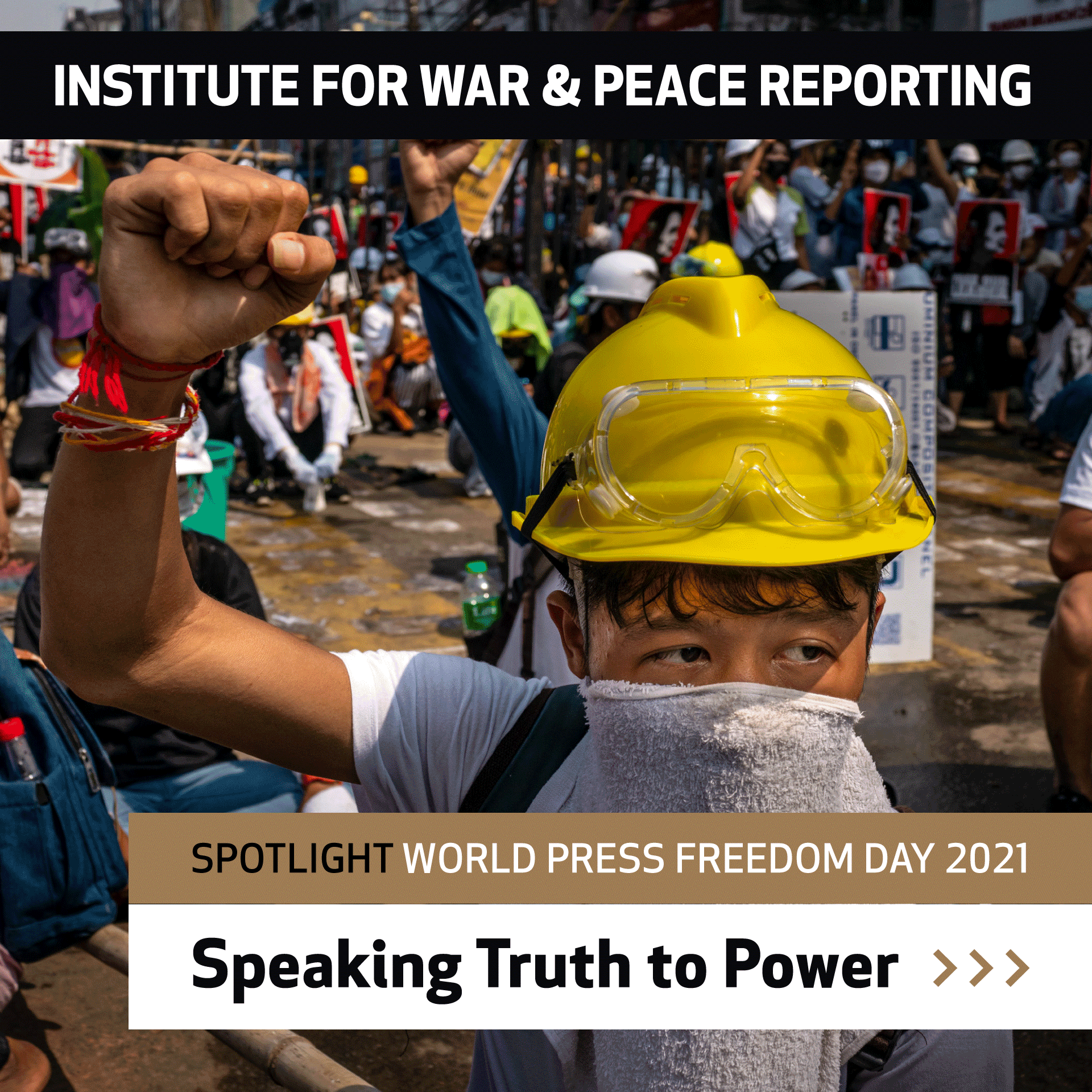Armenia Pursues “Astronomical” Fines for Defamation
Warnings that new legislation will have a chilling effect on independent media.
Armenia Pursues “Astronomical” Fines for Defamation
Warnings that new legislation will have a chilling effect on independent media.
Concerns continue to grow in Armenia over a draft defamation law referred to the constitutional court after the country’s president refused to sign the “extremely problematic” legislation.
The draft law, which would triple the penalties for insult and defamation, was adopted by parliament on March 24. It increases the fine for insult from one million drams (1,800 US dollars) to three million drams (5,600 dollars) and for insult from two million drams (3,700 dollars to six million drams (11,200 dollars).
The Journalist’s Union of Armenia immediately condemned the move as directed against freedom of speech and the press.
“Such astronomical fines for insult and slander…will be an immediate blow for the media, which already struggles to exist,” the organisation said in a statement.
The draft law was referred to President Armen Sarkissian to sign, but following discussions with a number of journalistic organisations, he decided to instead refer the decision to the Constitutional Court.
“The law is extremely problematic from the constitutional point of view,” a statement from his office read.
The author of the initiative, national assembly deputy speaker Alen Simonyan said that the law was aimed at offensive websites and social media groups, arguing that this was not a freedom of speech issue.
“Media that engages in obscenity or slander is criminal,” he said.
However Boris Navasardyan, president of the Yerevan Press Club, said that the independent media were united in their opposition to the draft law.
“This is an unjustified legislative initiative fraught with negative consequences,” he said.
Aregnaz Manukyan, editor-in-chief of 7or.am, said that the authorities were already attempting to muffle the media and distort public discourse. She said this had been clearly manifested during the 2020 Karabakh war when the government “fed society with lies and victory euphoria”.
“Those journalists who tried to alert the public to the inevitable and deliberate defeat were silenced,” she continued, adding that she herself had been detained by police during the war over a Facebook post.
If passed, Manukyan continued, the law would be selectively applied, with government supporters able to “say and do everything and remain exempt from punishment”.
Sevak Hakobyan, chief editor of the Yerevan.Today news and analytical website, also said that his organisation had already felt the effects of intimidation by the authorities․
“Our website has been searched, our equipment has been confiscated, pro-government figures have repeatedly sued us, we have been deprived of the opportunity of proper coverage in the parliament, the police have fined us 11 times,” he said.
International organisations have already drawn attention to Armenia’s increasingly fraught relationship with the media.
“There is concern about the volume of judicial proceedings against journalists and about excesses in the fight against fake news,” read the most recent report from Reporters Without Borders. “The involvement of the security services in combatting disinformation and attempts to legislate without prior discussion with civil society and journalists are alarming.”
Shushan Doydoyan, the president of the Information Freedom Centre, said that the law would have a chilling effect on independent media, which would be too intimidated to risk publishing material that might risk such heavy fines.
Doydoyan said that the current maximum penalty for such misdemeanors was rarely applied, further undermining the need for increased fines.
“In ninety per cent of cases the court reduced the amount of compensation several times,” he said. “It is necessary to look at the practice, statistics, experience. No such analysis underlies the initiative.”
Doydoyan said that the proposed penalty was particularly disproportionate, considering that criminal offences such as extortion, possession of drugs and distribution of pornography carried far smaller penalties.
“The compensation does not correspond to the measures enshrined in our legislation,” she concluded.
Slander and insult in Armenia were decriminalised in 2010 and are now civil offences.
IWPR contacted lawmakers from the committee on state and legal affairs, the body that initially approved the bill, but none responded.

